Projects

LEECHI
The aim of the project is to better understand how information is distributed in the children’s naturalistic environment and sampled by young children from their first-person perspective with modern technologies including wearable devices and deep learning models.

LEGA
The LEGA project analyses the use of reading strategies by primary school children. It compares the use of reading strategies between class levels and relates this to existing vocabulary and contextual information. The aim is to find out more about the conditions under which efficient (retrieval) strategies, which are important for fluent reading, are used and how this use can be supported.
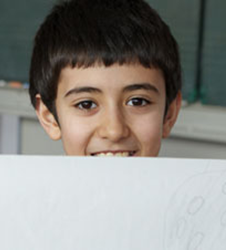
LEMO
The project LEMO focused on achievement motivation of children in primary school.
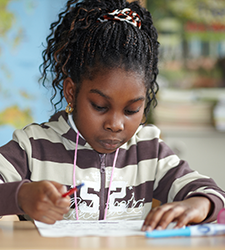
LexPro
The project focused on procedures of reading of struggling readers in the 5th and 6th grades. Two main questions were examined: 1. What are the underlying processes of reading in dyslexic children beyond the early years of reading acquisition. 2. How can these processes be enhanced or changed.
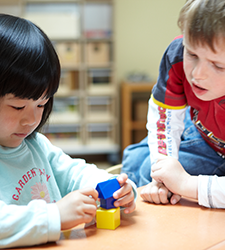
MaKreKi
The interdisciplinary project MaKreKi uses a longitudinal design to examine the development of mathematical creativity in early childhood.
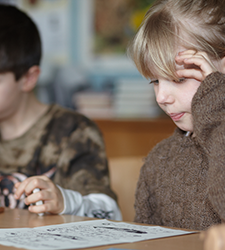
MEMO
The project MEMO analyzed verbal rehearsal-strategy development in children with and without dyslexia or dyscalculia.
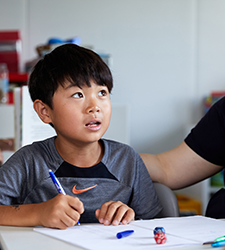
Memokid 2.0
We investigate the extent to which strategic and incidental learning might modulate the efficiency of memory consolidation of events over time. We also investigate how this process might differ between children and young adults.
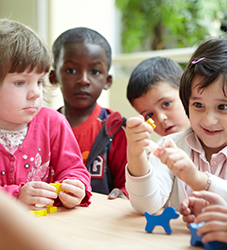
META-EF TRAIN
The project investigates the effects of metacognitive executive function training in children from low socioeconomic backgrounds with an emphasis on transfer to academic abilities. Children are recruited in Germany and the UK to ensure greater generalizability. We focus on two age groups (4-6 vs. 8-10 years) to examine whether there is a developmentally sensitive period for cognitive training interventions.
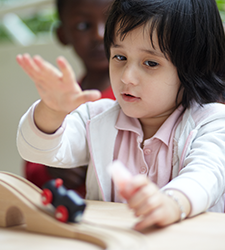
MILA
The project MILA investigated the language abilities of monolingual children acquiring German and of children acquiring German as early second language. The project aimed at describing typical development in German and at identifying characteristics of language impairment.
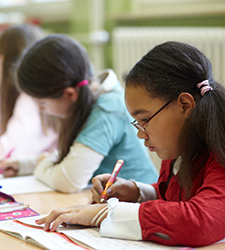
MoBiLe
The project investigates the role of language and executive functions in cognitive and academic development of elementary school children. The focus is on the comparison of monolingual and bilingual children (especially children from immigrant families), who often differ in terms of their language abilities as well as their academic achievement.